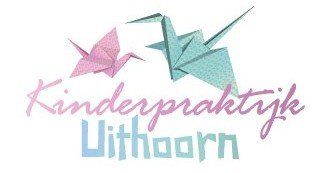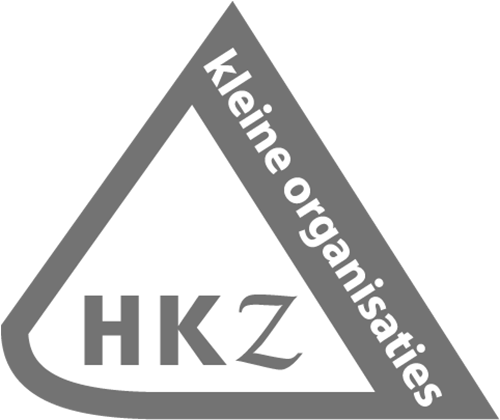Dyslexia
Your child has difficulty reading and spelling from group 3 onwards. The ‘b’ and ‘d’ (or the ‘g’ and ‘ch’, the ‘d’ and ‘t’, the ‘f’ and ‘v’, the ‘s’ and the ‘z’) are still often switched. If AVI-tests are taken, your child will consistently end up with lower scores than his or her peers. Your child will receive extra support at school, but this doesn’t seem to work. If your child doesn’t read or practice for a while (for example due to holidays), your child seems to have forgotten all the rules again and the reading speed drops dramatically.
If you recognize your child in the description above, your child might have dyslexia. This is a disorder in which there are large delays in reading and in many cases also in spelling.
A dyslexia test can be done on children from group 4 and up, but preferably from group 5 and up.
On the DMT test that is taken at school, your child has obtained an E-score at the last three moments of testing. On the other hand, the scores for other subjects like mathematics are average or high. Your child has demonstrably received extra support for reading (and spelling) at school.
After the intake an intelligence test is conducted – if necessary and if an intelligence test has not been done recently. In addition, a didactic test is conducted, in which the level of reading and spelling are determined. All results are described in a final report. If your child has dyslexia, a dyslexia statement will also be issued.
The municipality has indicated that it will not reimburse dyslexia tests. The costs are for the parents (and / or school).




